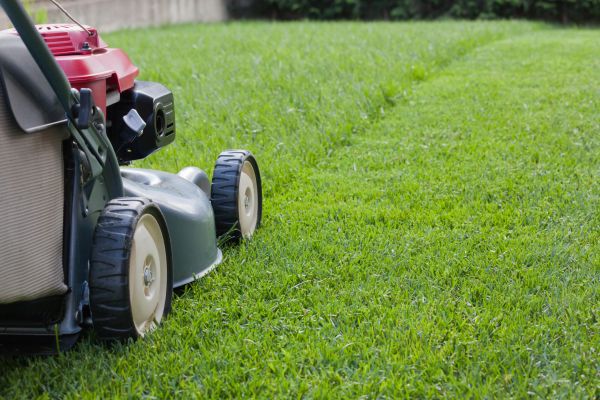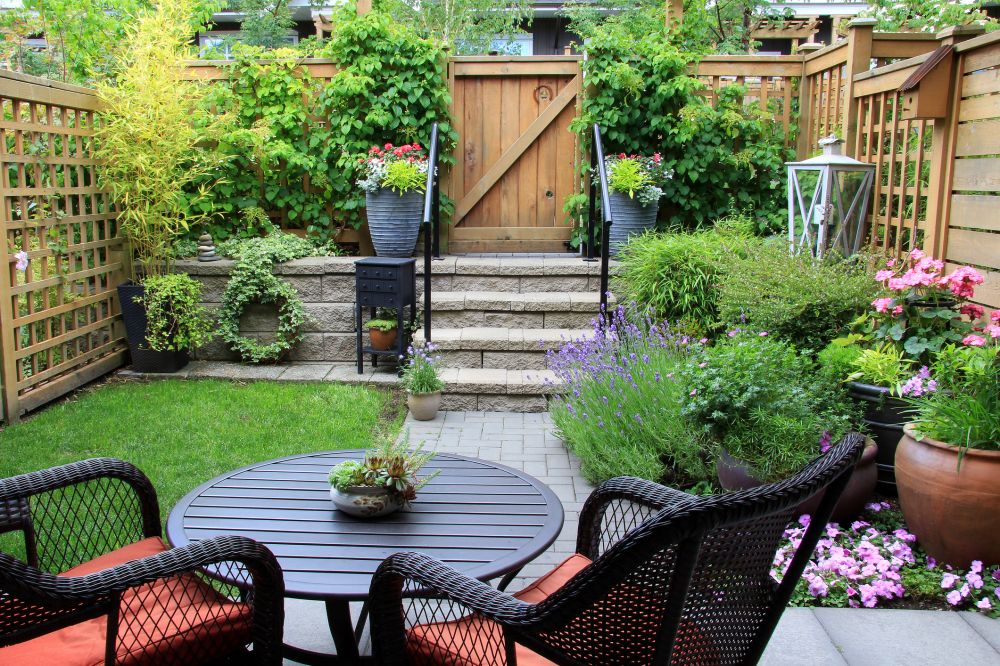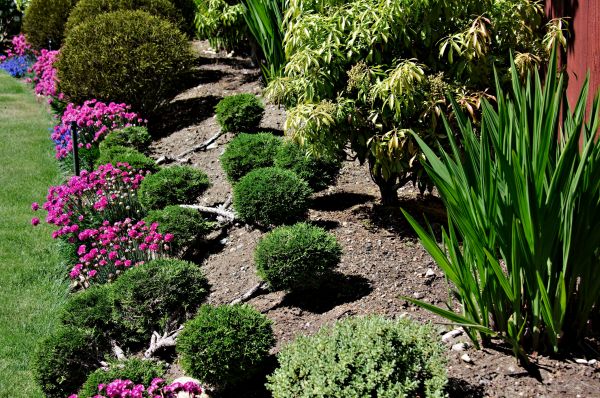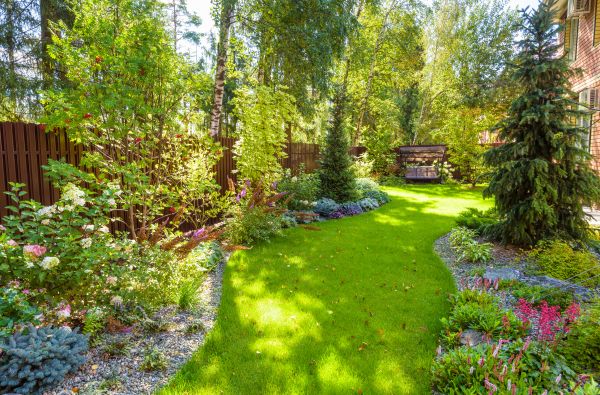Residential Mulching Service
Affordable Residential Mulching
Residential mulching is a landscaping technique that involves applying a layer of organic or inorganic material to the soil surface around plants in residential gardens. This practice is essential for maintaining a healthy garden ecosystem, as it helps conserve soil moisture, suppress weeds, and regulate soil temperature. Mulching not only enhances the aesthetic appeal of a garden but also contributes to the overall health and vitality of plants by providing essential nutrients as the mulch breaks down over time. By integrating residential mulching into your garden maintenance routine, you invest in the long-term health and beauty of your outdoor space.
Benefits of Residential Mulching
-
Moisture Retention
Mulching significantly reduces water evaporation from the soil, allowing plants to access moisture more consistently. This is particularly beneficial during hot and dry seasons when water conservation is crucial. By maintaining soil moisture, mulching reduces the need for frequent watering, saving time and resources. -
Weed Suppression
A layer of mulch acts as a barrier, preventing sunlight from reaching weed seeds and inhibiting their growth. This reduces the competition for nutrients and water between weeds and garden plants, allowing the latter to thrive. With fewer weeds to manage, maintaining a tidy garden becomes less labor-intensive. -
Soil Temperature Regulation
Mulch helps insulate the soil, keeping it cooler in the summer and warmer in the winter. This temperature regulation protects plant roots from extreme conditions, promoting healthier growth. Consistent soil temperature also encourages beneficial microbial activity, which enhances soil fertility. -
Nutrient Enrichment
Organic mulches, such as wood chips or straw, decompose over time, adding valuable nutrients back into the soil. This natural fertilization process improves soil structure and fertility, supporting robust plant growth. By choosing the right type of mulch, gardeners can tailor nutrient delivery to meet specific plant needs. -
Erosion Control
Mulch provides a protective layer that minimizes soil erosion caused by wind and rain. This is particularly important for sloped gardens or areas prone to heavy rainfall. By stabilizing the soil, mulching helps maintain the integrity of garden landscapes and prevents nutrient loss.
FAQs About Residential Mulching
What types of materials can be used for residential mulching?
Common materials include organic options like wood chips, bark, straw, and leaves, as well as inorganic materials such as gravel and rubber mulch. The choice depends on aesthetic preference and specific garden needs.
How often should I replenish mulch in my garden?
Mulch should generally be replenished once a year, or as needed, to maintain a layer that is approximately 2-3 inches thick. The rate of decomposition and local climate conditions can affect how often replenishment is necessary.
Can mulching attract pests to my garden?
While mulch can provide a habitat for some insects, using proper mulching techniques and selecting the right type of mulch can minimize pest issues. Avoid piling mulch directly against plant stems to prevent creating a moist environment that attracts pests.
Is it possible to over-mulch my garden?
Yes, applying too much mulch can suffocate plant roots, lead to excess moisture retention, and create a breeding ground for pests and diseases. It is important to maintain an appropriate mulch depth of 2-3 inches for optimal benefits.
Fill out the contact form to request Residential Mulching services today and experience the benefits of professional mulching, such as enhanced plant health, water conservation, and a beautifully maintained garden.




